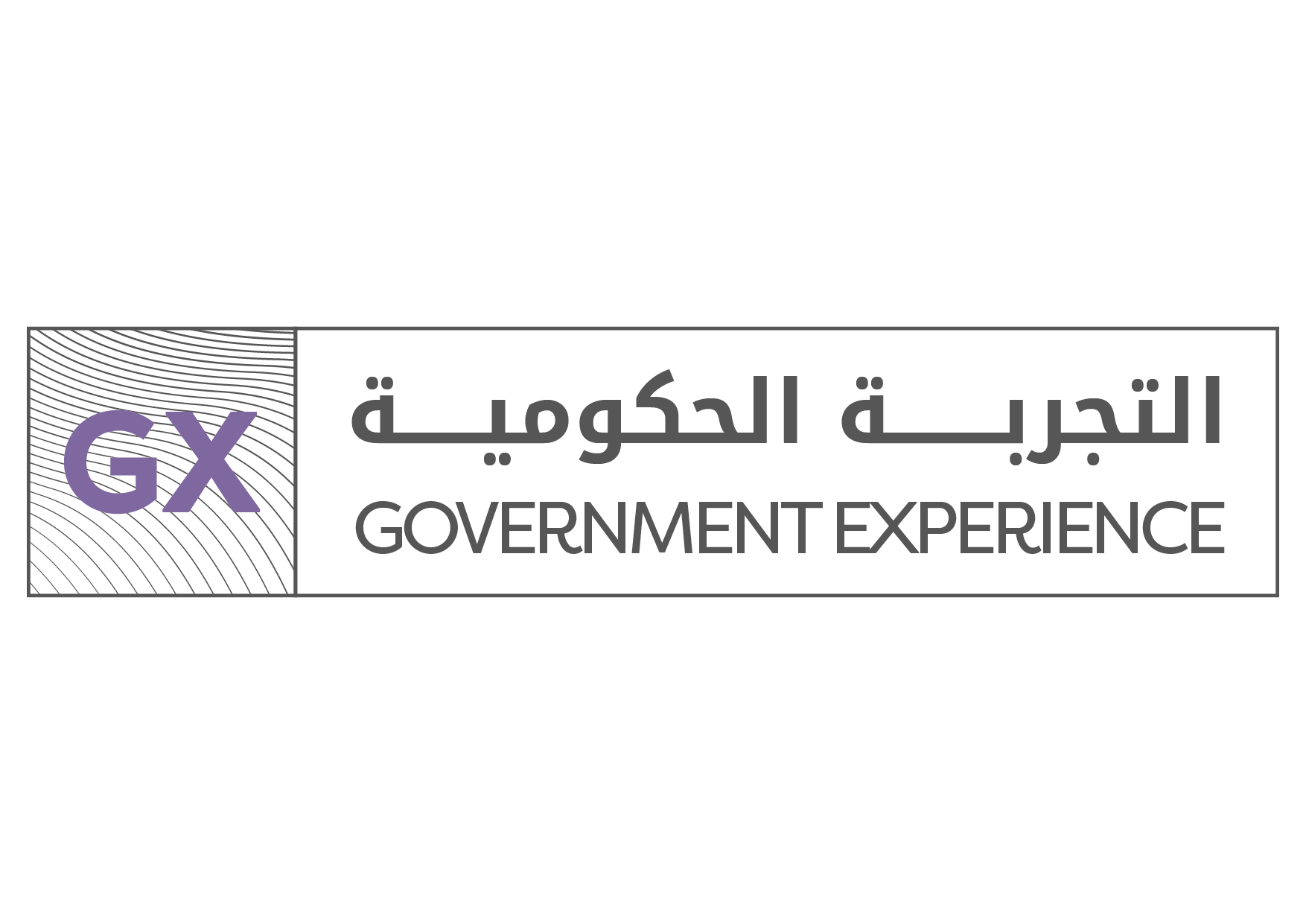The Working Future: A Focus on the GCC
Working Future
- Motivations for work are changing. Gains in living standards over the past 150 years are allowing us to spend less of our time working but are raising expectations about what a job should provide
- Beliefs about what makes a “good job” are diverging. As attitudes toward work fragment, the average worker is no longer a useful approximation. We’ve identified six worker archetypes, each with a different set of priorities
- Automation is helping to rehumanize work. Distinctly human advantages—around problem solving, interpersonal connection, and creativity—are growing in importance as automation eliminates routine work
The pandemic has undoubtedly triggered lasting changes when it comes to work. Many workers were part of a forced experiment in remote working that has shifted perceptions about such arrangements. Others found themselves in jobs that required them to personally confront the virus daily just to keep society running.
As part of a global research program over the past year, Bain & Company have studied the motivations and priorities of workers across 19 countries, including Saudi Arabia and UAE, and considered how firms and governments in the GCC can get ahead in the shifting war for talent.






